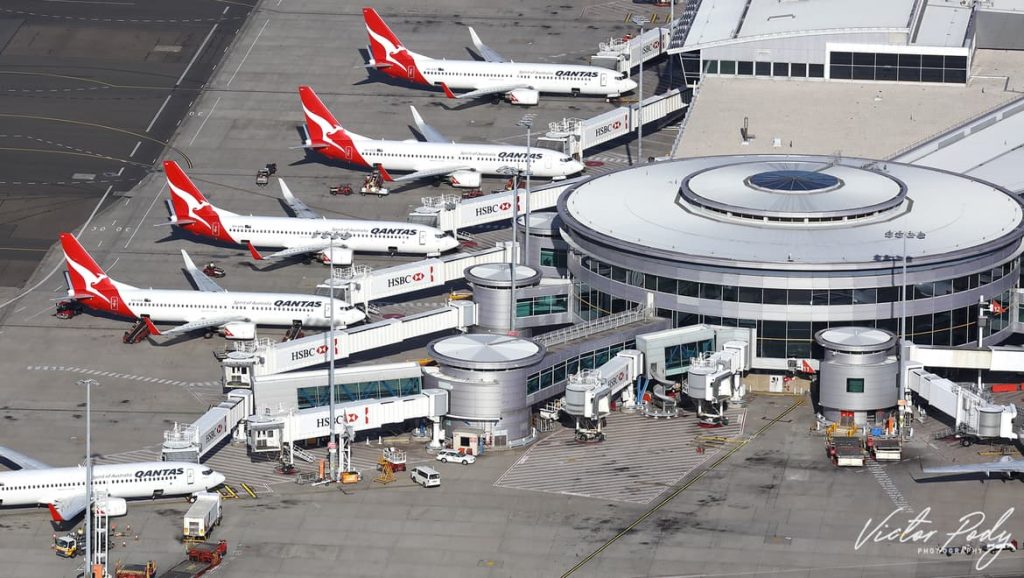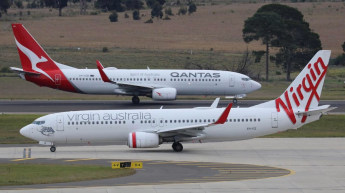
The Australian Airports Association has welcomed the federal government’s decision to provide $64 million in financial aid to airports, amid its latest aviation assistance program.
The government announced on Monday its International Airport Security Charges Rebate program, which provides security screening cost rebates for Australia’s major international airports from 1 October 2021 to 31 March 2022.
The association’s chief executive James Goodwin said the program will better enable airports to support the government’s reopening strategy.
“Throughout the COVID-19 pandemic, international airports have stayed open to assist the government in repatriating Australians from overseas, to land critical freight including COVID vaccines and to ensure Australia’s important trade could continue,” Goodwin said.
“Airports acknowledge the Australian government for recognising the critical role they play during the pandemic and appreciate the extra support announced today.”
According to the AAA, the rebate will help airports cover the costs associated with government-mandated passenger and baggage screening requirements that must be met regardless of how many aircraft land and the number of passengers on board.
“Australia’s airports will perform a vital role in assisting the government facilitate any new protocols and procedures as international travel resumes. We know restarting international aviation is not as simple as just opening the border,” Goodwin said.
“There will be major complexities involved but airports stand ready to ensure the operational environment, policy settings and logistics are right so overseas travel can continue to be safe and secure for all passengers and staff.
“This new federal funding initiative will go a long way in helping to manage these costs to ensure airports can be sustainable now and into the future.”
The funding serves as one part of a greater $184 million package to tide the international aviation sector over until 31 March 2022.
The package also includes an additional $119.65 million in JobKeeper-style wage subsidies for pilots and cabin crew.
The news follows numerous suggestions that airports, and Australia’s aviation industry more generally, are not yet prepared to see the influx of international passenger traffic, should international borders reopen by the end of this year.
Last week, Goodwin told Australian Aviation that while airports have comfortably adapted to cater to current overseas repatriation efforts, the industry remains in the dark about some key requirements for a mass return of international flights.
“At the moment, we still don’t know what procedures will be for passengers coming in from overseas, and what is needed of airports, airlines, staff and government agencies to facilitate that,” Goodwin said.
“There are long lead times in aviation, so six or 12 months is not actually a long time in our world. So a lot of this planning could have and should have been done a long time ago.”
He added, “Airports weren’t designed to be separating passengers based on their health or their vaccine status, so we need to prepare.”
It also follows calls for aviation wage subsidies to be extended to include airport operational workers.
Avalon Airport chief executive Justin Giddings told Australian Aviation that while airports have already adapted to COVID-safe infrastructure, “staffing is going to be an issue moving forward”.
He said that while airports have kept their doors largely open throughout the pandemic, traffic has fallen dramatically, and airports weren’t offered the same additional wage subsidies offered to airlines.
“We can have staff on hand, trained, and ready to go, but we need the resources, so we’re hoping the government will expand those programs to include operational airport workers as well as baggage handlers working for third parties,” Giddings said.
Meanwhile, Brisbane Airport’s executive general manager for aviation Jim Parashos said that both the state and federal governments should be making such decisions in close consultation with the industry.
“Guidance, teamwork and collaboration are absolutely key here, and I urge both the state and federal governments to work with airports and airlines to make sure we’re active participants in this crucial decision-making,” Parashos said.
“We know that the process for incoming passengers is going to look different whether you’re from a ‘green’ COVID-safe country, or an amber or a red country, and it’s really important that airports and airlines are involved in those decisions and understand them.”
Goodwin agreed, stating, “We’re here to help facilitate this process, we want to reopen Australia, but there’s a lot involved with this and we don’t want to get it wrong.
“The planning needs to be done right the first time, every airport is a little bit different, and we need to develop a uniform approach to pre and post-flight processing, as well as quarantine arrangements, and this is why it’s important that decisions are made in consultation with us.”















